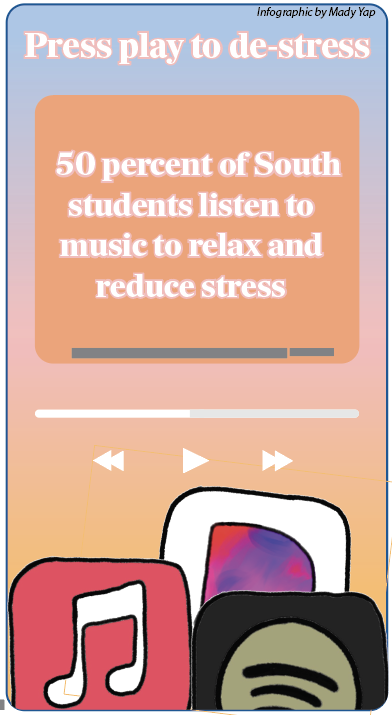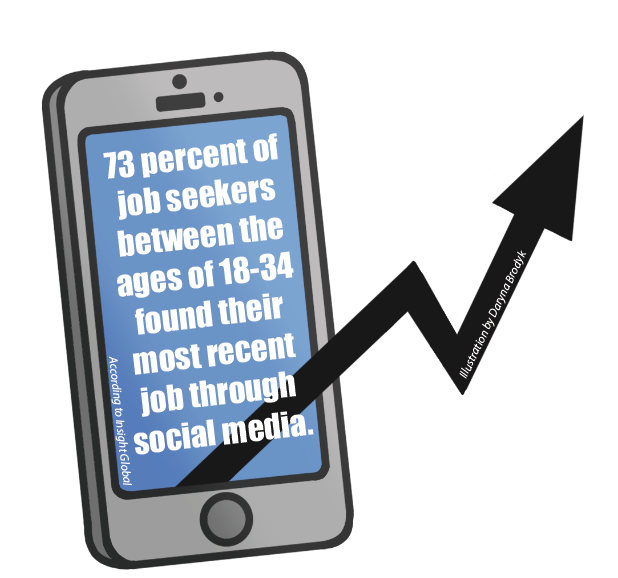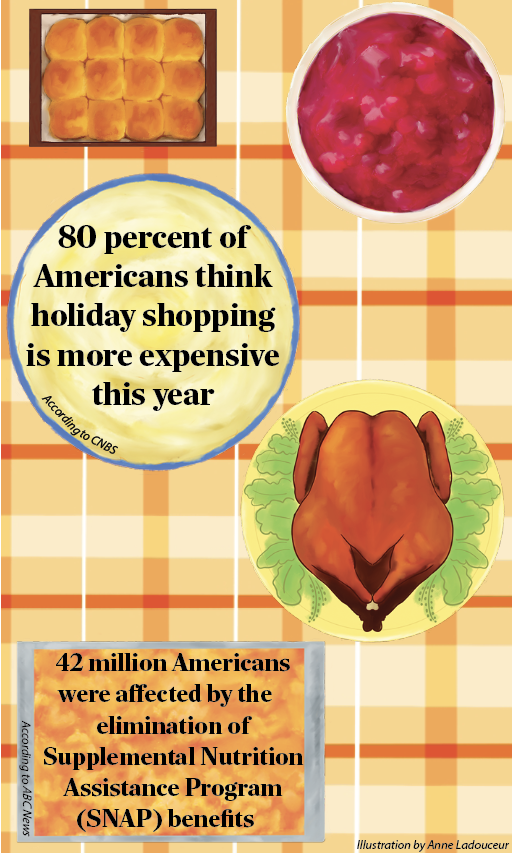Rushing to drink my hot chocolate, then getting burned and learning patience.
Hitting my brother out of frustration, then learning that actions have consequences.
Outgrowing a toxic friendship, then discovering more about who I am and the people I want around me.
Growing up is a series of lessons, and those lessons often come from experience. However, when parents shelter their kids, they can limit that essential growth.
I’m not a parent; I don’t know what it feels like to be responsible for another person’s safety, but I do know what it feels like to be on the other end of that relationship. I’ve grown up with many rules, often with noticeably less freedom than many of my peers.
And I’m not alone. Over 45 percent of American parents admit that they are overprotective of their children, according to a 2023 study conducted by Pew Research Center.
Some restrictions are necessary, of course. But shielding kids entirely from “dangerous” or uncomfortable situations doesn’t teach them how to handle them later on; it just delays the learning process. Children raised with overprotective parents often struggle more with the demands of school and the stress of growing up, simply because they haven’t had the chance to develop those skills on their own, according to the American Psychological Association.
I’ve seen this personally.
A family friend of mine grew up in a household where alcohol was never present or discussed. Their son never drank in high school and never had any friends that drank. But within a month of starting college, he was hospitalized for alcohol poisoning. He had no understanding of his limits, consequences, or how to stay safe since he had never experienced its effects before.
Many people are hospitalized for alcohol poisoning despite being exposed to its reality. However, exposing young adults to the ramifications and consequences of drinking alcohol, while in a controlled environment, can bring awareness and understanding of limits, preventing severe consequences in the future.
I am not saying that people need to break rules to learn life lessons, but they should understand the reality of things such as alcohol. When people are suddenly faced with situations they’ve been shielded from, they’re more likely to make dangerous decisions, not because they were irresponsible, but because they were unprepared.
Learning about the consequences of one’s mistakes doesn’t always stop kids from making them, but allows them to be aware of their limits and gives them a better chance at being safe when faced with difficult decisions.
It’s not just about substances; it’s about life skills—making decisions, setting boundaries, and managing independence. These skills are learned by doing, not just by being told.
I am 17 years old and have never had a sleepover at someone else’s house.
My main concern is not about missing out on fun but how this will affect me later in life. In a year and a half I will be expected to live with a stranger for months, likely in a new state, with far more responsibility than I’ve ever had.
How can I be ready for that when l barely know what it’s like to be away from my parents for one night?
The only time I’ve spent more than a night away from my parents was on a three-day school trip. Even then, I texted and called them constantly. I enjoyed the experience, but I also felt a deep anxiety—one that came from unfamiliarity.
If unfamiliarity causes stress now, what will it feel like when I’m living independently for the first time?
Growing up isn’t always comfortable.
But that discomfort is often where the most important growth happens, and while we can’t control how we were raised, we can begin to take ownership of our growth.
If we want to be ready for the world, we have to meet it—even if that means starting slow, asking for help, or going into unfamiliar territory one small step at a time.








